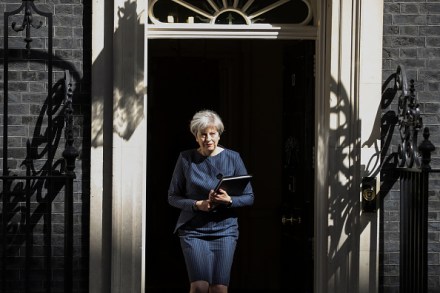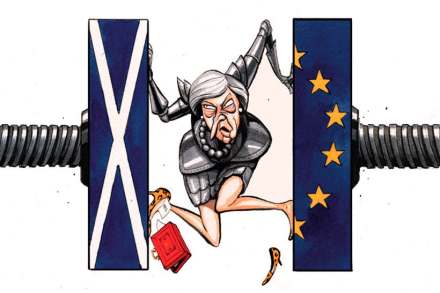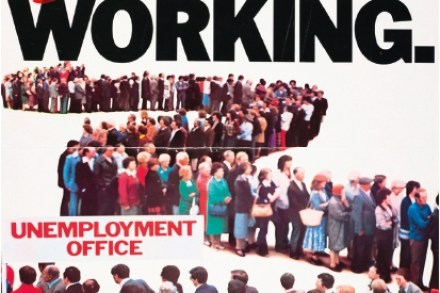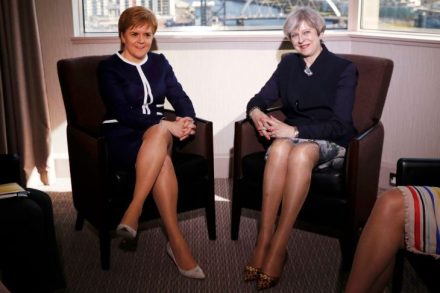The strange rebirth of Scottish Conservatism
At the time of their 1997 wipeout, the Scottish Tories were at least hated. When I was reporting from the Scottish Parliament some 14 years later, things were even worse: there was curiosity, even pity, for Tory supporters. One Tory MSP told me the party should rename itself “the effing Tories” because that’s what they had become known as. Voting Conservative was no longer seen as a giant evil, more a harmless perversion – like cross-dressing (or cricket). Then Ruth Davidson came along, then Jeremy Corbyn, then the SNP with its obsession with referenda – and now, everything has changed. The above graph shows the latest voting intention in Scotland, with the Tories soaring




















